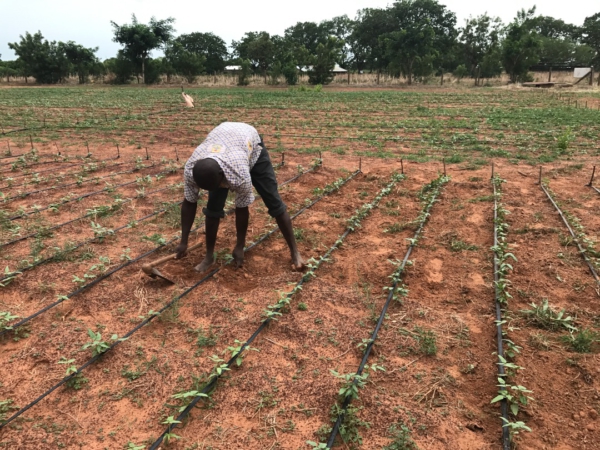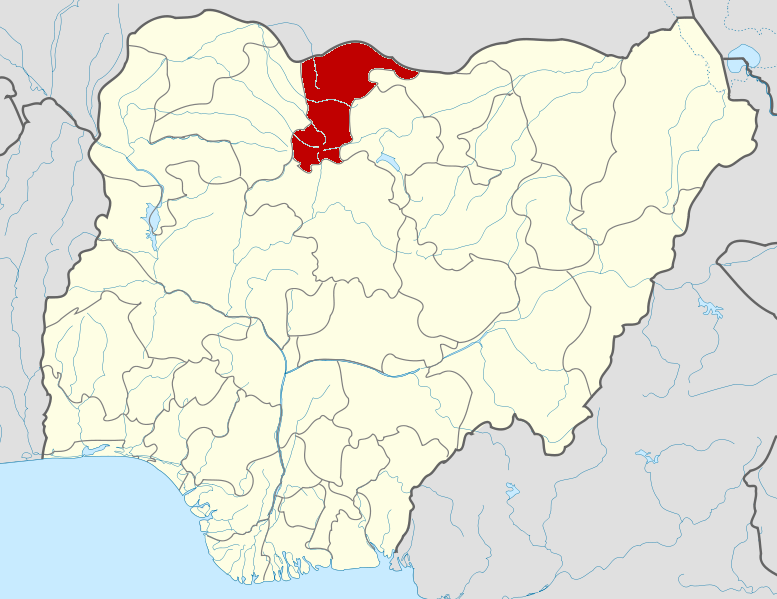- Taiwan says four employees of Apple supplier Foxconn arrested in China
- What internet data brokers have on you — and how you can start to get it back
- Cramer wants to buy more of this chipmaker, considers adding another cybersecurity stock
- Pharmacy deserts are appearing across U.S. as Rite Aid, Walgreens, CVS drug store closures spread
- Ozempic is driving up the cost of your health care, whether you can get your hands on it or not
What do you believe is the single most important factor driving up the cost of living in Nigeria?

Toolkit launched to help spot vulnerable people at risk of 'cuckooing'
A new toolkit has been issued to police, local authorities and third sector organizations across the UK to help them identify and support vulnerable people who are at risk of "cuckooing."
Researchers at the University of Leeds designed the toolkit in collaboration with partners from West Yorkshire Police, Leeds City Council, Horton Housing and homelessness charity Groundswell to raise awareness of how cuckooing can be prevented and disrupted.
Cuckooing is named after the nest stealing practices of wild cuckoos. It is a form of criminal exploitation where vulnerable people are coerced into providing access to their home to criminals, who then use it as a base for their activity. Such activity may include sex work, storing cash and weapons, or dealing drugs. Perpetrators may also take over a property to financially abuse its occupier.
The disturbing practice has featured as a plot line in television dramas—"Happy Valley," "Line of Duty," and most recently "Sherwood."
Dr. Laura Bainbridge and Dr. Amy Loughery of the University's School of Law led the creation of the toolkit following research into how cuckooing occurs and possible prevention strategies. It includes an information booklet, risk assessment tool, safeguarding information, leaflets, posters and an animation.


- October 11, 2024
Ghana Youth Agriculture Summit set for October 25 at UPSA


- October 11, 2024
Hurricane Milton leaves at least 16 dead as Florida cleans up

- October 11, 2024
Nigerian TikTok creators promote cultural tourism

- October 11, 2024
Machine learning could improve extreme weather warnings

- October 11, 2024
Katsina enrols 386,289 people into contributory healthcare scheme


- October 11, 2024
Yango to unveil AI, robotics innovations at GITEX

- October 11, 2024
On US coast, wind power foes embrace 'Save the Whales' argument
Subscribe to our mailing list to get the new updates!

Subscribe our newsletter to stay updated
Thank you for subscribing!




